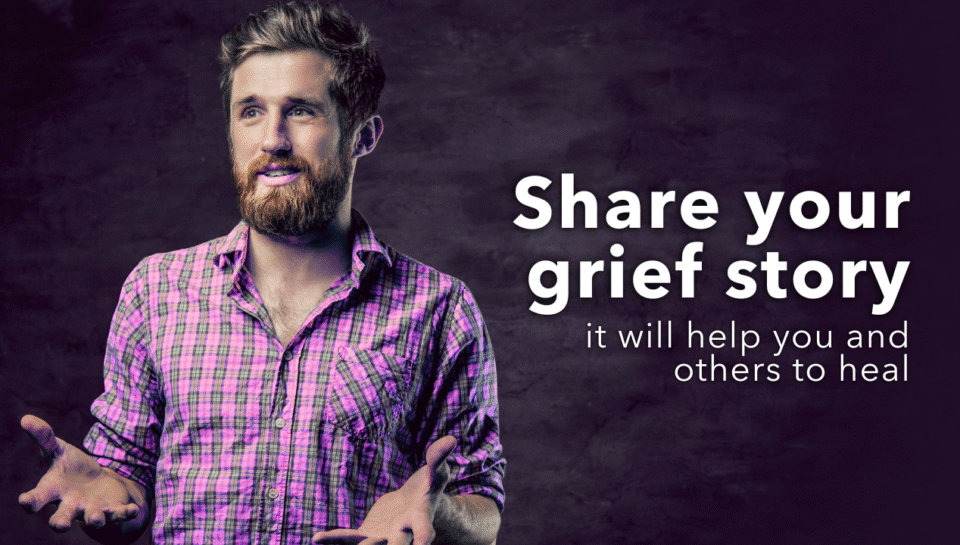Stop Suffering in Silence: Why Your Grief Story Could Save a Life

Grief isolates. It convinces you that no one could possibly understand the depth of your pain. Society often tells us to “stay strong” or “move on,” but no one prepares us for the loneliness that follows loss. I know this pain intimately—I lost my father, husband, my father, my mother-in-law and then my sister. Each loss carved deep wounds into my heart, and for a long time, I believed that my grief was mine alone to bear. But I was wrong.
The day I chose to share my grief story, something shifted. The weight on my chest didn’t disappear, but it became lighter. And, more importantly, I saw how my words helped others who were struggling. Too often, we suffer in silence, believing our brokenness disqualifies us from helping others. Yet, it’s in the honesty of our struggles, the trembling hope in our survival, that healing multiplies. But what if the very story you’re hiding—the raw, imperfect, still-healing journey—could be the lifeline someone else desperately needs? Your grief story matters. Not because it is neat or finished, but because it is real.
The Science of Storytelling and Healing
Psychologists have long studied the effects of storytelling on mental and emotional well-being. Research published in the Journal of Traumatic Stress (Pennebaker & Seagal, 1999) found that expressive writing about painful experiences improves emotional and physical health. Similarly, a study in The Journal of Loss and Trauma (Neimeyer, 2019) highlights how creating a coherent narrative around grief helps the bereaved make sense of their pain.
When we share our grief stories—whether through speaking, journaling, or creative expression—we engage in a process called “narrative reconstruction.” This helps us organise our emotions, process traumatic memories, and redefine our identity after loss.
But What If Your Story Is Too Painful to Share?
Many people fear that speaking about their grief will make them look weak or burden others. Some worry that no one will understand. Others have been silenced by a culture that stigmatises emotional vulnerability.
But here’s the uncomfortable truth: staying silent doesn’t protect us; it isolates us. By keeping our pain locked away, we rob ourselves of the connection and empathy we so desperately need. Vulnerability is not a sign of weakness—it is a bridge that allows others to step into our world, offering support, validation, and healing.
How Sharing Your Grief Helps Others
- It Lets Others Know They Are Not Alone
When I first opened up about losing my husband, a widow reached out to me. She told me that until she read my words, she thought she was losing her mind. My story became a mirror for her pain, helping her realize that grief is not a solitary experience. - It Breaks the Stigma Around Grief
Society often dictates a timeline for mourning, pressuring people to “get over it” after a certain period. By openly discussing grief, we challenge these harmful narratives and create safe spaces for healing. - It Creates a Legacy of Strength and Hope
Every loss we endure rewrites the story of our lives. By sharing our journey, we honour those we have lost and transform our pain into purpose. Our experiences become roadmaps for others navigating their own grief.
Grief will always be part of my story, but it no longer controls me. By choosing to share, I have found healing, purpose, and connection. And so can you. Your pain is real, but so is your strength. Storytelling is more than an emotional release—it is a powerful tool for healing, connection, and transformation. And somewhere out there, someone is waiting to hear your story—because it might just save their life. Someone, somewhere, needs to hear that survival is possible.
If you are ready to start sharing but don’t know how, I invite you to connect with me privately [email protected]. Let’s walk this healing journey together.
